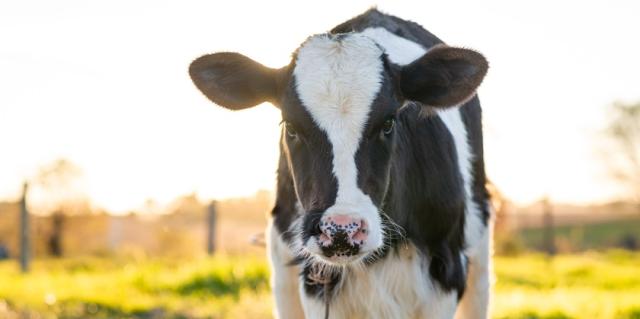Dairy grazers and farmers running R1 dairy beef are being urged to check the performance of their drenches after a recent cattle drench survey highlighted worrying levels of drench resistant worms.

The survey, which was a summary of cattle faecal egg count reduction tests taken across New Zealand from 2021 to 2024, found significant numbers of worms resistant to double and even triple combinations.
Wormwise programme manager, Ginny Dodunski, says the common intestinal worm Cooperia was found to be resistant to drenches in 56% of tests, and the more worrying Ostertagia was resistant in 34% of tests.
She says although the dataset was limited, it reflected what she has been hearing from veterinarians working with intensive cattle systems.
"We were able to collate 59 different drench tests from 16 farms around NZ. While it’s not a big number, it covers the length of the country and all of the common drench products."
"The bottom line is that you can’t assume that because you’re using a combination drench, you are getting rid of all the worms in your calves."
Dr Dodunski says triple combination resistant Cooperia were found in 6 of 11 tests and twelve out of 19 tests also showed resistance to commonly used ‘mectin/levamisole combinations.
Levamisole products have been the mainstay for managing resistant Cooperia for a long time, but this now appears to be under threat.
It was a similar picture for the more damaging Ostertagia.
Dr Dodunski say this parasite causes thickening and inflammation of the lining of the fourth stomach (abomasum) and can cause severe disease and even death in calves and older cattle.
"The ‘mectin drench family has been the backstop for Ostertagia control for a long time, but the survey highlights failure of this drug with 45% of tests showing resistance to an oral triple combination. Half of the tests showed resistance to an abamectin/levamisole injection."
She says individual R2 dairy heifers returning home from grazing carrying resistant Ostertagia may not respond to treatment when the stress of their first lactation compromises their immunity.
This could also be the case for R2 and older cattle coming out of droughts or other situations where they are underfed.
She says the industry has largely forgotten the damage that clinical Ostertagiasis can do to adult cattle, but we may soon be reminded.
Dodunski urges farmers to check the performance of their calf drenches and look at management strategies that can reduce worm challenges in young cattle.
"Good nutrition and low worm intake trump regular drenching every time."
Read the full report on the Knowledge Hub: A convenience sample of cattle faecal egg count reduction tests in New Zealand 2021-2024 (PDF 2.1MB)